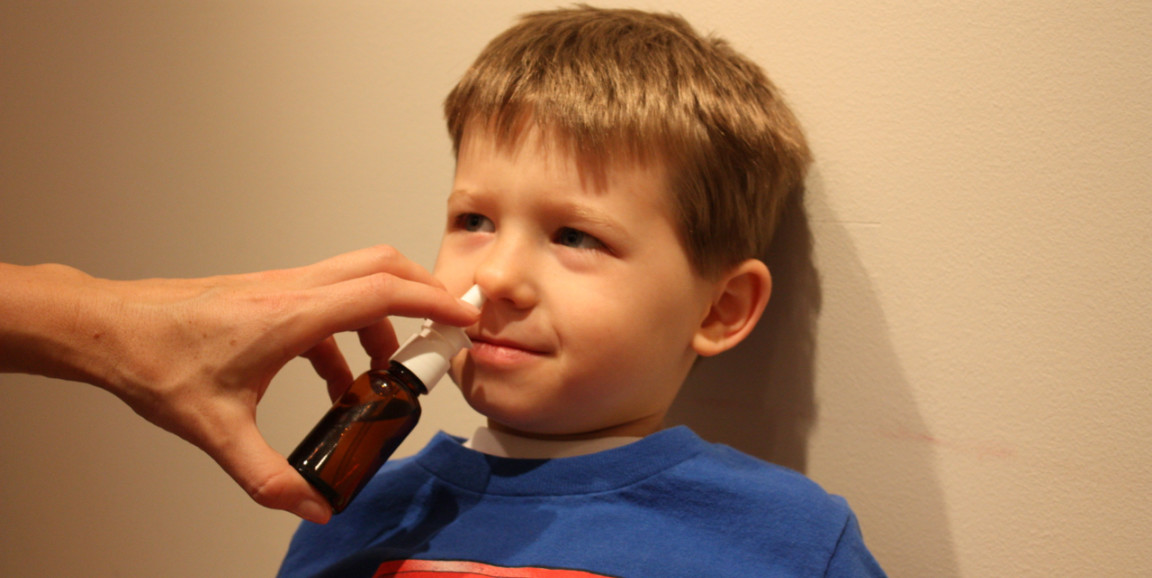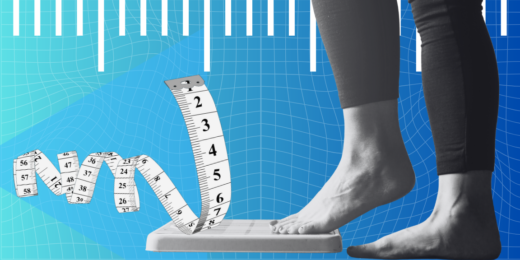Giving an inhaled hormone to children with autism for four weeks improves their social behavior, a small trial by Stanford researchers has shown.
The study, led by Stanford autism specialists Karen Parker, PhD, and Antonio Hardan, MD, appears in Science Translational Medicine. In the trial, 30 children with autism were randomly assigned to receive a hormone called vasopressin or a placebo daily for four weeks. Parents and clinicians assessed the children's social behavior before and at the end of the four-week period.
Our press release explains what happened:
In the trial, parents' and experts' ratings of social behavior improved more in children treated with vasopressin than in those given a placebo. Vasopressin-treated children also experienced some reductions in anxiety and repetitive behaviors.
'We saw this across multiple measures independently,' Parker said. 'It is really exciting.'
Parker's excitement stems from the fact that there are currently no medications approved to treat the core features of autism, a developmental disorder affecting one in every 58 U.S. children. The core features are social impairments, poor verbal communication skills and restricted and repetitive behaviors.
Because the study is small, it's important to replicate the findings and conduct larger trials to learn more about which kids with autism might be helped by vasopressin. Autism exists on a spectrum, meaning the effects differ between individuals and treatments will probably need to be personalized, too, the researchers emphasized.
Parker and Hardan are currently conducting a follow-up study in 100 additional children. The press release explains the questions they're working to answer:
If the findings of the pilot trial are replicated, it will also be important to validate the safety of the hormone in large populations and to understand which aspects of social behavior are most improved by vasopressin, Hardan added. 'Is it motivation, affiliation, attachment? Ability to understand others' mental states or read facial expressions or body language?' he said. 'This has opened up a lot of possibilities for individuals with autism.'
Photo showing a demonstration of vasopressin administration courtesy of Karen Parker




